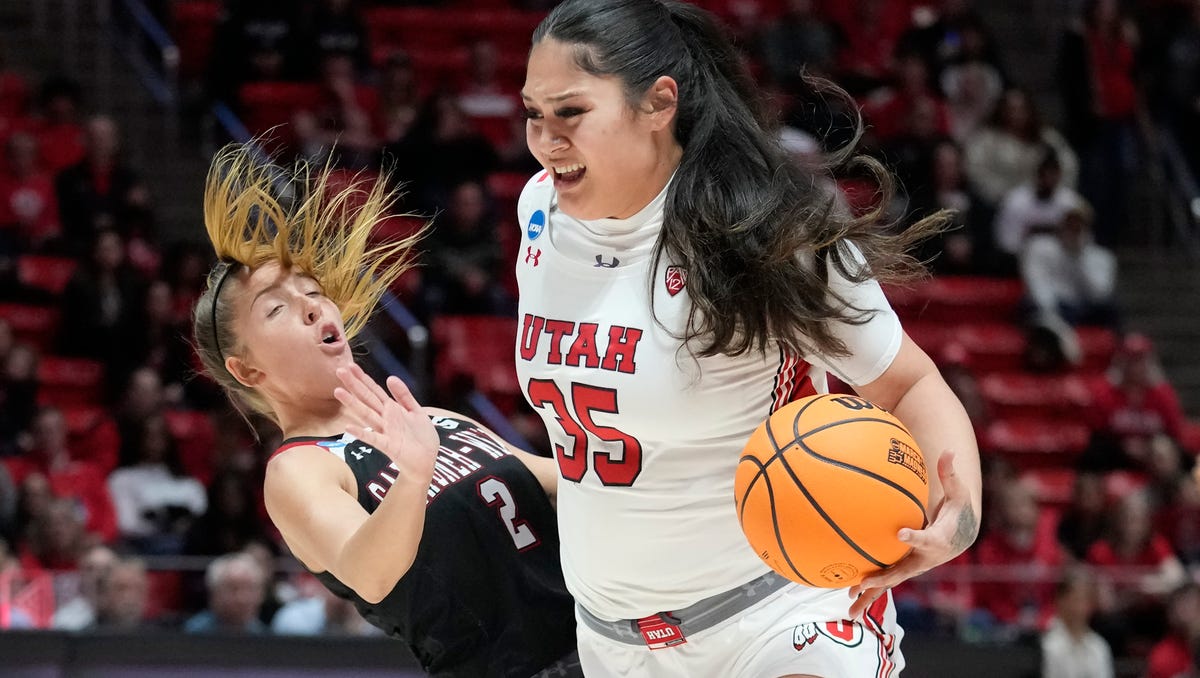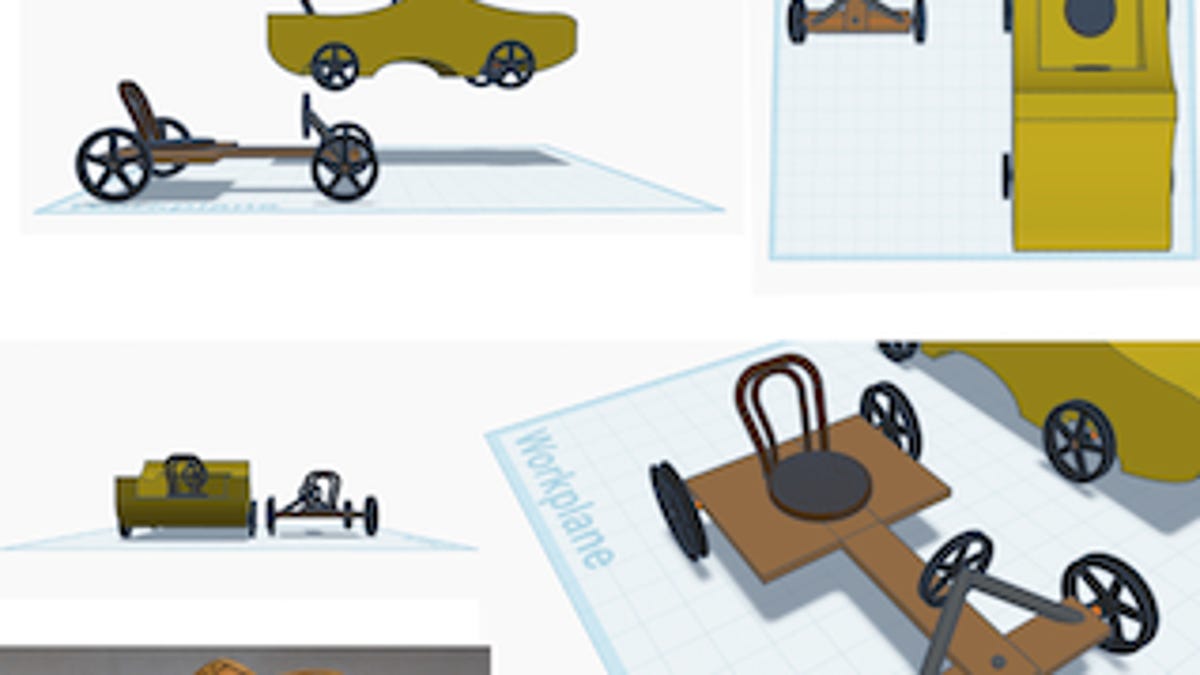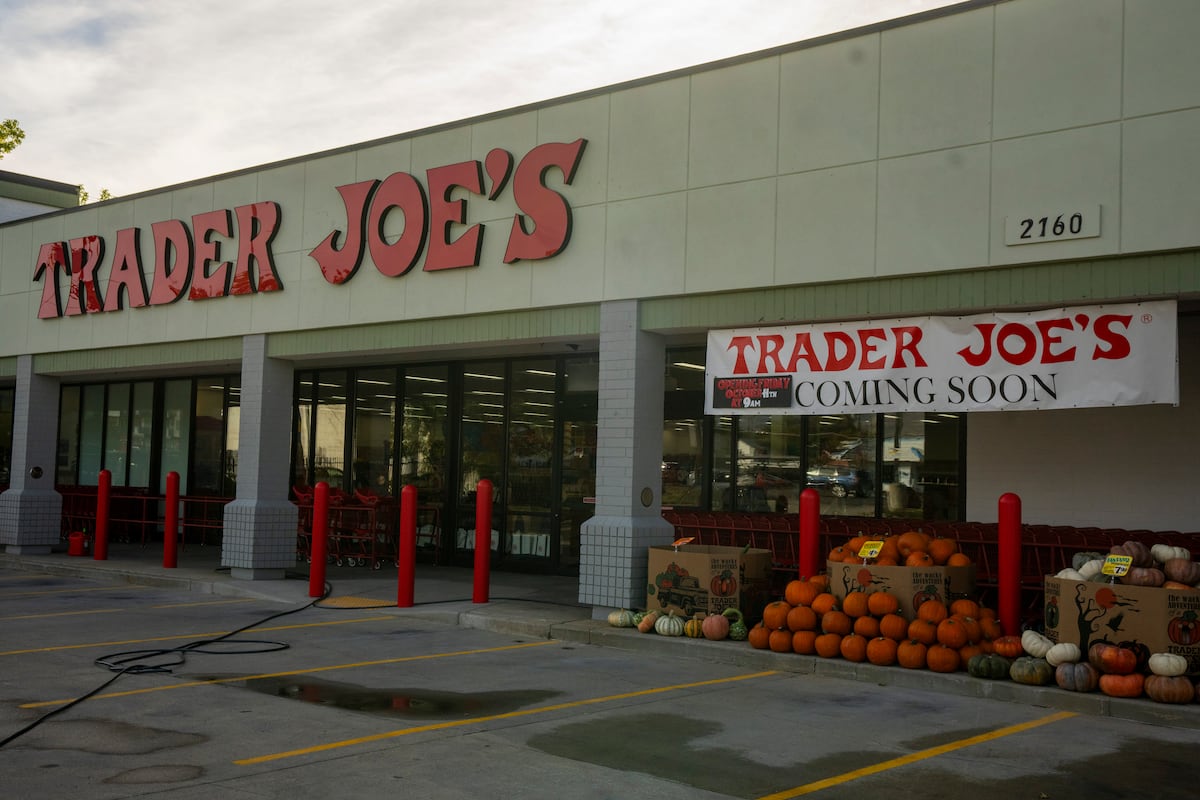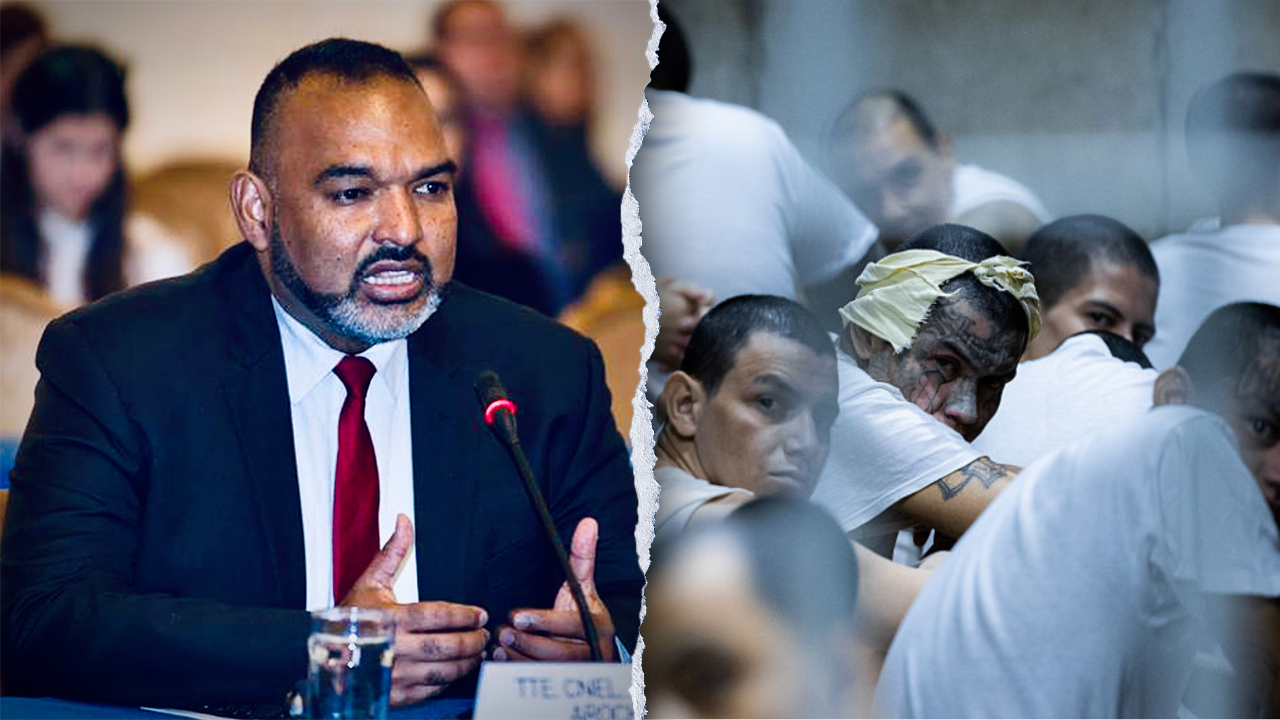COLUMBIA — South Carolina women’s basketball is facing No. 7 Utah in the Basketball Hall of Fame Showcase, the Gamecocks’ last ranked matchup of 2023.
No. 1 South Carolina (8-0) faces the Utes (8-1) on Sunday (2:30 p.m. ET, ESPN) at Mohegan Sun in Uncasville, Connecticut, home of the WNBA’s Connecticut Sun. It is the first meeting between the programs.
Utah has faced one ranked opponent this season, No. 14 Baylor, and lost 84-77.
The Gamecocks have three wins against ranked opponents on their résumé, though then-No. 11 Maryland has since dropped out of the top 25.
Alissa Pili fuels dominant Utah offense
Utah’s stats from 3-point range are eye-popping: The team shoots 43.6% from beyond the arc, which ranks No. 2 in the country. Five players are shooting better than 50% on 3-pointers, and 12 of 13 have made 20% or better on at least four attempts. The Utes have the No. 1 scoring offense in the nation, averaging 96.2 points per game.
A unicorn among post players, star forward Alissa Pili averages 23.2 points per game shooting nearly 57% from 3-point range. The 6-foot-2 senior shoots 73.6% from the field and averages 5.7 rebounds and 2.7 assists per game. Pili is the reigning Pac-12 Player of the Year and was named to the 2023-24 Naismith Women’s Player of the Year watch list.
How will Utes adapt to losing Gianna Kneepkens?
Gianna Kneepkens, the No. 2 scorer behind Pili, was ruled out for the season Monday after breaking multiple bones in her foot, and the team has played just one game without her, scoring a season-low 74 points in its win against St. Joseph’s. Kneepkens was 10th in the country in 3-point percentage, hitting 54%, and No. 17 in 3’s made with 27.
Senior forward Dasia Young started in place of Kneepkens against St. Joseph’s, but she had just two points in 19 minutes. Wisconsin transfer Matyson Wilke played more than 20 minutes for just the second time this season and was Utah’s third-highest scorer with nine points, and had three rebounds and two blocks.
SEC POWER RANKINGS: SEC women’s basketball power rankings: Tennessee Lady Vols in freefall after MTSU upset
Turnovers are key for both teams
In its loss to Baylor, turnovers were at the center of Utah’s struggles. It gave up the ball 18 times, four by Pili, and Baylor capitalized with 27 points. Utah also struggled to generate turnovers, forcing 13 for just 11 points.
South Carolina is also on a turnover-prone streak. It gave up possession 20 times in a back-and-forth win over Duke, and committed another 16 against Morgan State. Utah averages 14 turnovers per game compared to the Gamecocks’ 13.5.
Prediction
South Carolina 95, Utah 71: The Gamecocks’ defense is better than anything Utah has seen this season. The Utes take an early lead, but they struggle to keep pace without Kneepkens once South Carolina settles in for the second half.
Follow South Carolina women’s basketball reporter Emily Adams on X @eaadams6 and subscribe to The Greenville News for exclusive Gamecocks content: https://subscribe.greenvilleonline.com/offers.
Get the latest news and insight on SEC football by subscribing to the SEC Unfiltered newsletter, delivered straight to your inbox.






























